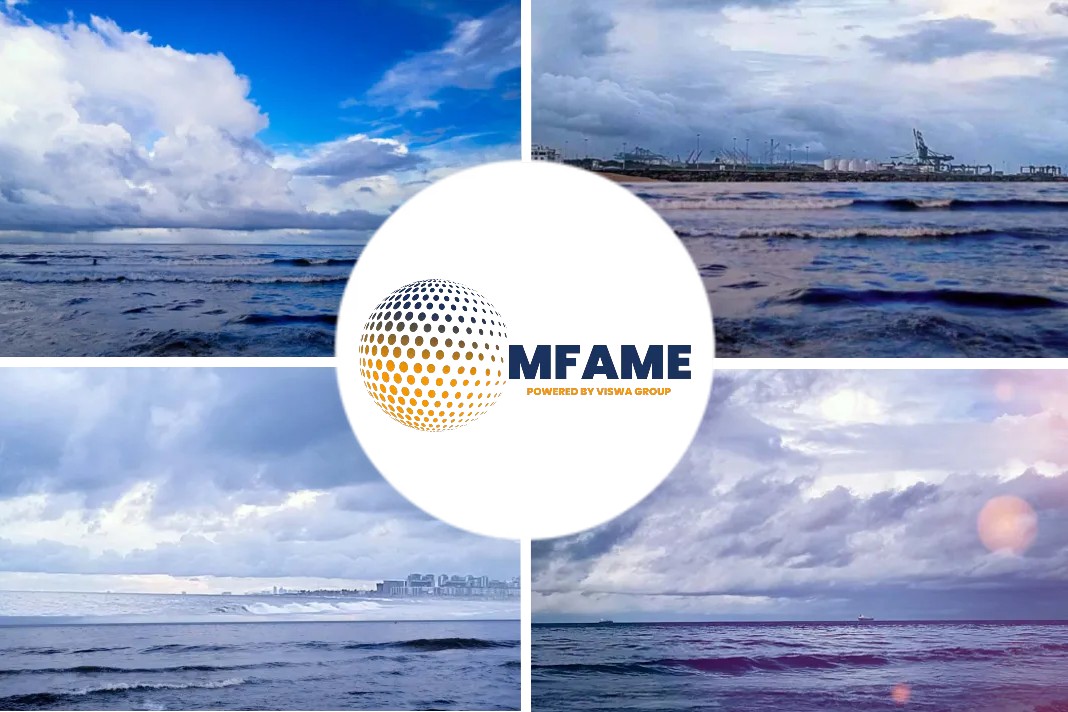
Autonomous vessels: legislating for a new generation of ships, states a Riviera news source.
Autonomous and remote-controlled vessels
Several trials and pilot projects have been carried out using autonomous and remote-controlled vessels in the past five years, but no national and international legislation is yet available
When unmanned vessels enter commercial operation, there are no global international regulations and relatively few national regulations dealing specifically with their operation.
This lack of regulatory clarity is currently being addressed by IMO’s Maritime Safety Committee (MSC), which has approved a road map to develop an international goal-based instrument in respect of maritime autonomous surface ships (MASS), to be adopted H2 2024.
As part of this, the MASS correspondence group has been re-established and is considering the common potential gaps and themes that had been identified in the regulatory scoping exercise conducted between 2017 and 2021.
Joint MSC/Legal Committee/Facility Committee
They will then report on these as part of a joint MSC/Legal Committee/Facility Committee (the Joint Committee), which has been formed to streamline the process of addressing MASS-related issues that are common to the scope of work of all three committees.
The key issues discussed at the first Joint Committee meeting last year were the role, responsibilities and competencies required for MASS masters and crew; identification and meaning of the term ‘remote operator’ and their responsibilities.
The Joint Committee will issue its report to MSC 107 which will be held May and June 2023. In addition, the Joint Committee may also look at amending the definition for MASS and degrees of autonomy.
These are currently defined as: crewed ship with automated processes and decision support (Degree One); remotely controlled ship with seafarers on board (Degree Two); remotely controlled ship without seafarers on board (Degree Three); and fully autonomous ship (Degree Four).
Any new IMO instrument in respect of MASS is expected to initially be non-mandatory, with the mandatory obligations to follow in 2028 at the earliest, and further expected only to apply to cargo vessels, with the application to passenger ships to follow in the future.
In the UK, it is anticipated the first statutory instrument addressing MASS will be introduced this year.
Following a consultation in 2022 by the UK’s Maritime and Coastguard Agency (MCA) for a new statutory instrument, The Merchant Shipping (Small Workboats and Pilot Boats) Regulations 2023 and its accompanying code, the 3rd edition of the Code of Practice for the Safety of Small Workboats and Pilot Boats (the Workboat Code) are due to be introduced Q3 2023 and will give positive recognition for autonomous vessels for the first time.
Application of the code
The code will apply to workboats less than 24 m in load-line length, including remotely operated unmanned vessels (ROUVs) operating as workboats when they are in commercial use as well as certain other types of vessels.
It will apply to UK vessels worldwide, and non-UK workboats in UK waters operating out of UK ports.
The Workboat Code will provide a non-mandatory regulatory regime, that is arguably a more suitable legal framework than other merchant shipping legislation. The code will outline the general requirements for relevant ROUVs, safety guidance against risk of fire or build-up of bilge water, steps to be followed for pre-departure checks, methods of responding to distress, navigation, the remote control of such ROUVs and an outline of safety management systems to ensure the protection of other water users, the ROUV itself and the marine environment.
The need for international and national regulation for autonomous vessels is clear and an up-to-date regulatory framework will be of critical importance to the development and deployment of autonomous technologies in the maritime industry.
Did you subscribe to our daily Newsletter?
It’s Free! Click here to Subscribe
Source: Riviera






















![[Podcast] Updates on the Work Around IMO’s Net Zero Framework](https://mfame.guru/wp-content/uploads/2023/11/mfame-container.jpg)

